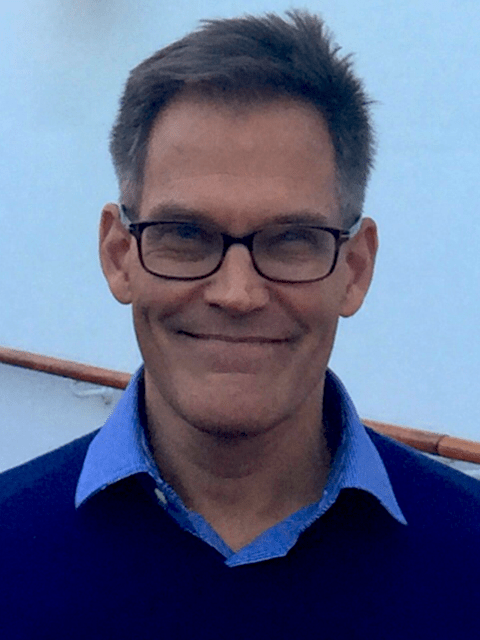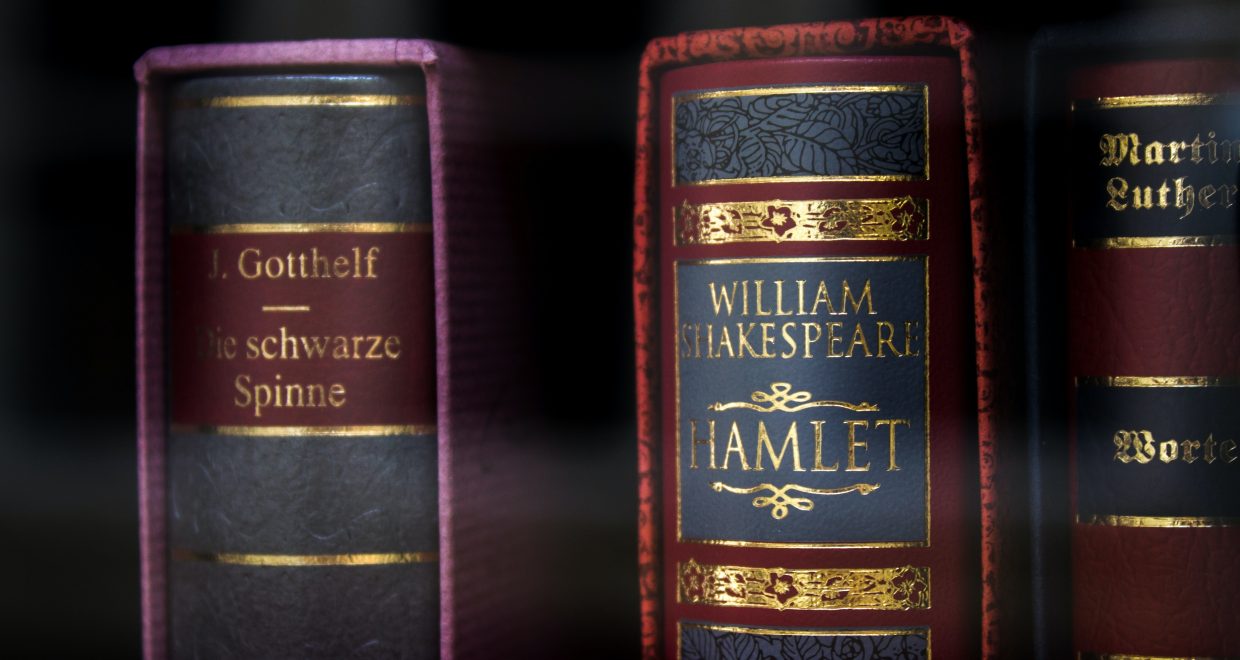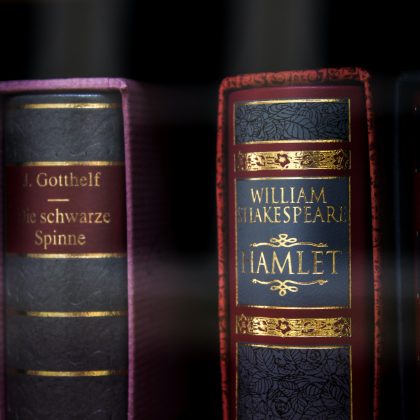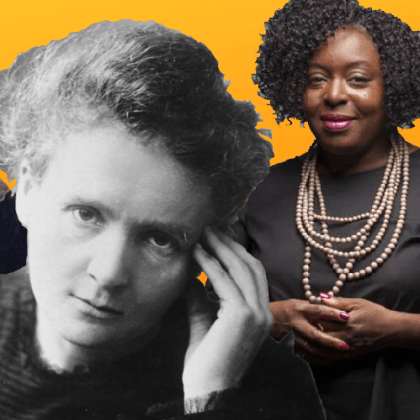“Shakespeare’s world was much more diverse than we assume”: An interview with Cambridge Elements author, Professor Richard Schoch
Your Cambridge Element, A Short History of Shakespeare in Performance published in April this year. Your writing and research draw heavily on Shakespeare. How is this book different from the others?

Paradoxically, the topic is much broader than for other books I’ve written—the history of Shakespeare in performance all over the world and for the past 350 years—but the length is much shorter—a bit over 20,000 words. (My last CUP monograph was more than 7 times longer, 145,000 words!) So this book presented for me a unique challenge: to do justice to a vast topic but in as succinct a manner as possible.
What put you on the path to writing drama and theatre?
Before I became an academic, I worked professionally as a stage director in Washington, DC and New York City. My scholarship has grown organically out of my own experience of making theatre. For me, making theatre and writing about theatre are mutually enriching activities.
You make mention of our “present multicultural day” in the book’s abstract. Could you expand a bit more about multiculturalism in Shakespeare’s time and now?
Recent scholarship on early modern race has taught us that Shakespeare’s own world was much more diverse than many of us had assumed. This was especially true in Elizabethan and Jacobean London, a city of cultural crossroads. And for some time now, Shakespeare has been a global cultural force, sometimes initially as an adjunct to colonialism but also, and now much more frequently, as the substance of cultural encounters. The takeaway here is that multiculturalism, diversity and cultural encounters are not things that we ‘apply’ to Shakespeare, but rather they are at work in Shakespeare from the outset. The difference is that we’re able to see it better now.
What should scholars and students expect from this Element? What are you hoping they take away from it?
I hope that readers will feel empowerd after reading this Element. My goal in writing it has been two-fold: first, to make the large topic of Shakespeare performance history intellgibie to readers, and second, to equip them with analytical and critical frameworks for undertaking their own investigations and contributions to the field. As I told my editor, I wrote it as if it were a commercial book: not just wanting the prose to be clear and accessible, but really structuring the book with the reader in mind, serving the reader first and the material second. So many academic monographs forget that the reader is an essential part of the process!
This Element was published a year into the pandemic, a time when many creatives struggled to remain productive. How have you found working and staying creative in lockdown?
The show must go on! The work continues, just in different ways. I still taught my class on acting Shakespeare, but I taught it online – and the students did great work. And while I missed not participating in conferences and not working in the archives, I found there was a lot that I could accomplish anyway, whether using digital resources from the Folger Shakespeare Library or being part of a Shakespeare Association of America online seminar. The core task of writing didn’t change at all, thank goodness!
The nature of Elements, means that there is a quick turnaround from the initial idea to publishing, how did you find this?
It depends. If the Element is especially topical—like Pascale Aebischer’s Element on pandemic theatre—then the quick turnaround is tremendously beneficial. By contrast, my topic is ‘perennial’ (that doesn’t mean it’s a better topic!) and so the quick turnaround didn’t matter. But it’s great to have the option of speed when the work in question –and the targeted readers – would benefit from it.
Shakespeare is clearly a passion for you. What would you say to students and upcoming writers on finding and excelling in a niche that works for them?
Always remember that you are defining the field. By all means, be inspired by work that has already been done. But don’t imitate it. Chart your own path. Develop your own voice. Show us what’s important to you.
What authors have been your key literary influences?
Stephen Orgel, my PhD supervisor, has been a role model for me throughout my career. The other major scholars who’ve helped to shape my work are Bill Worthen, Joseph Roach, Peter Holland and Stanley Wells.
Do you have a favourite Element?
There is no good answer to this question! 🙂
What are you reading at the moment?
Colm Toibin’s The Magician, a novelised biography of Thomas Mann.
What’s next for you?
I’m working on a popular history of Shakespeare’s Birthplace in Stratford-upon-Avon. Unbelievably, there is no such book. Academic publications. But for the general reader, nothing yet.
Professor Richard Schoch’s Element is available on Cambrige Core. Access now.






